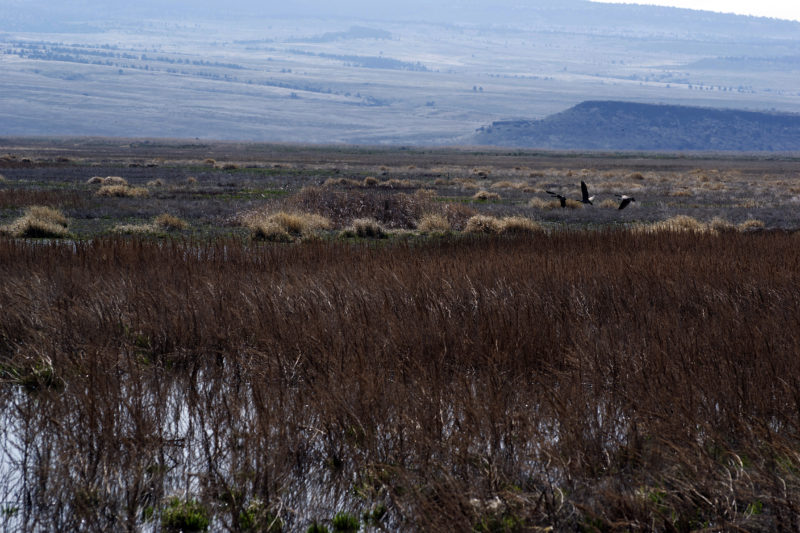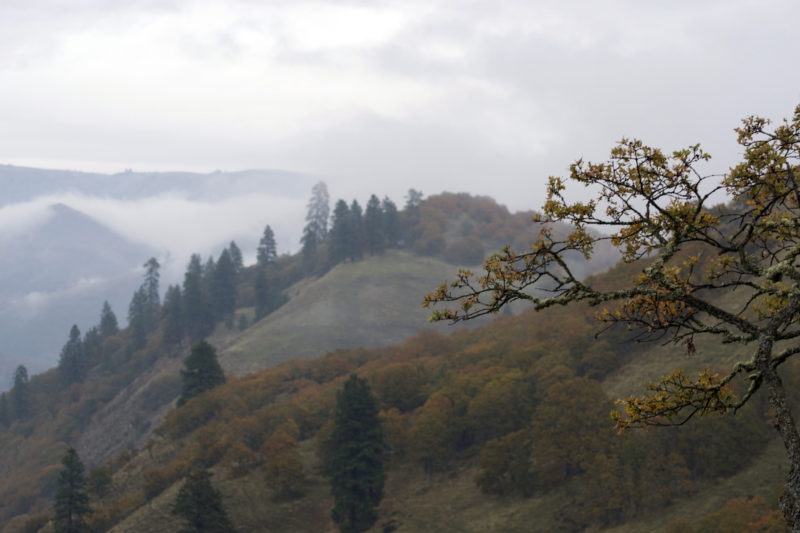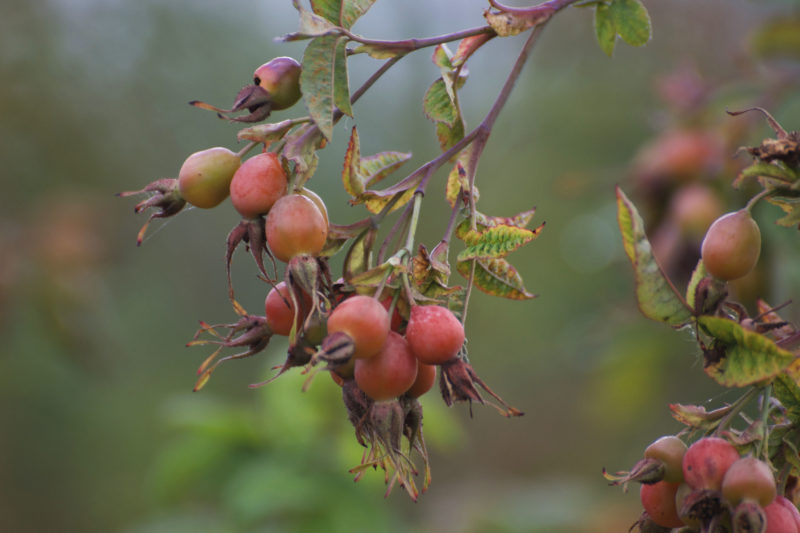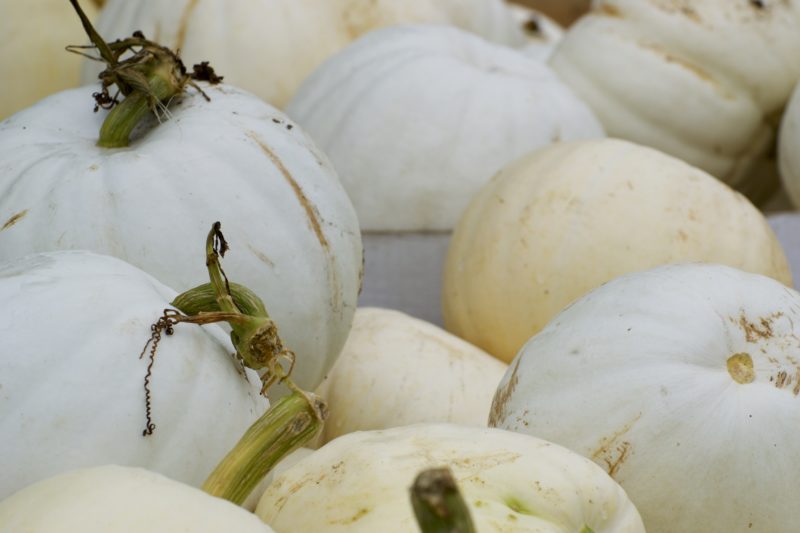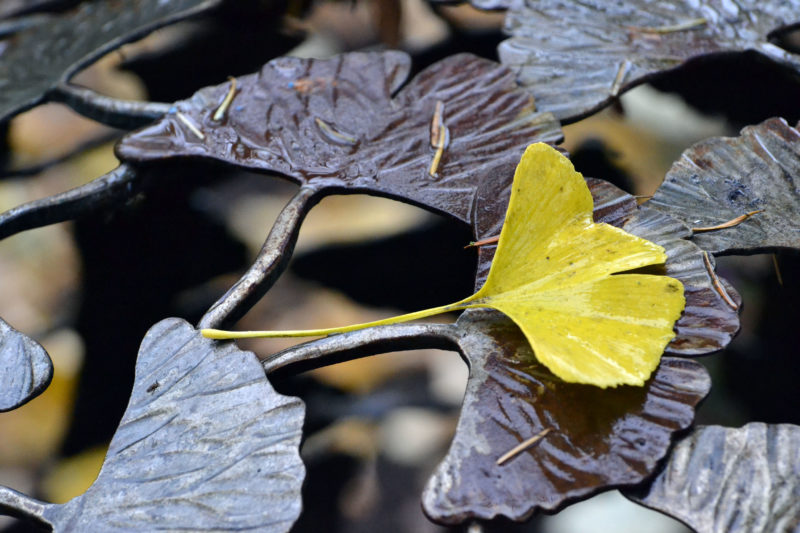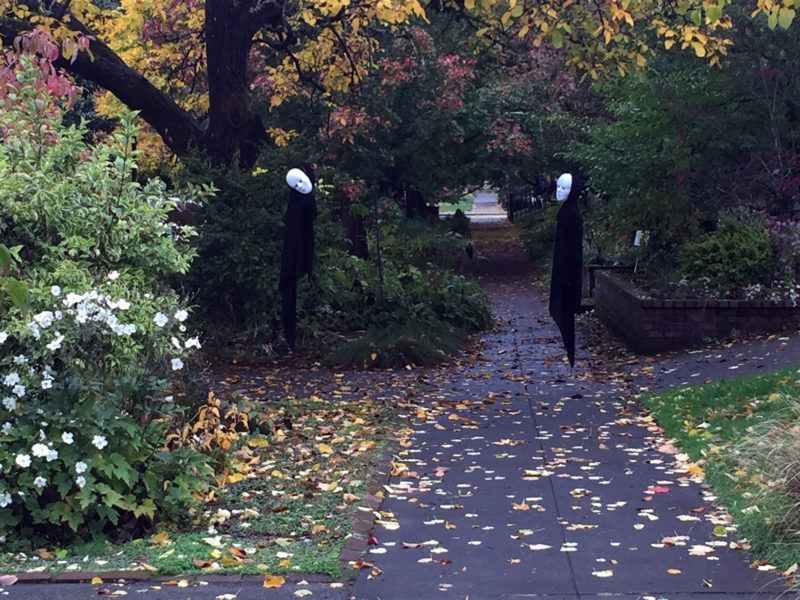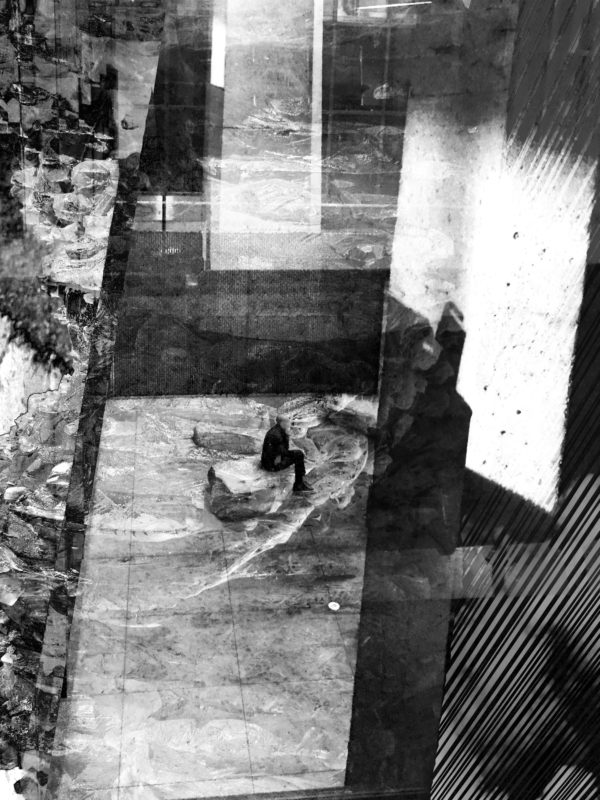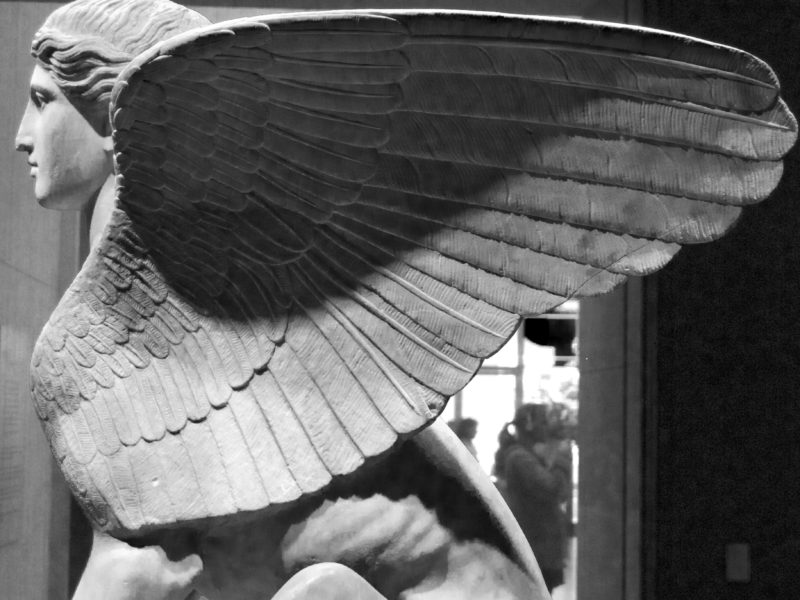
Here is Wednesday’s phrase: “He is deeply allusive … and fitfully allegorical, but he seems drawn first and formost to emotional complication, to the pulses of our thinking.”
I wish these words described my art. They are, however, about a remarkable author. In a rare confluence of opinions every person in our household liked the same trilogy some 15 years ago: His Dark Materials by Philip Pullman, who is of course the subject of the remarks above. The trilogy was an astounding feat of writing that combined straight forward story telling with elements of adventure tales, coming-of-age novels, Bildungsroman and Science Fiction; more importantly, it had enough ideas to keep children and adults on their toes, trying to understand what these books were about, how they placed in the canon of literature with their endless allusions and references, and how to understand them in the context of what is currently happening in the real world.

It didn’t hurt that the main opponents in the story recruited their armies from the religious Right (bordering on the Inquisition) and Science, respectively, with a few undecided characters thrown in. By now there are probably dissertations written on these books, but here is a good review of the early trilogy and the author – for those who have lived under a rock, being left out of the Pullman craze.
https://www.newyorker.com/magazine/2005/12/26/far-from-narnia
The reason all this comes up is the fact that I have sacrificed my beloved sleep to devour Pullman’s new book La Belle Sauvage (hello, Rousseau),the first in another trilogy, The Book of Dust, that was just published. I am obviously not the only one interested: reviews are in from the NYT, VOX, The Independent, The Guardian, NPR, WaPo, but also the Wall Street Journal and The New Statesman, to name a few. I found the last one particularly illuminating.
https://www.newstatesman.com/culture/books/2017/10/book-dust-philip-pullman-might-not-be-fond-church-he-intensely-spiritual
Details of plot and discussion of deeper meanings can be found there. In a nutshell, anti-science, oppressive religious fanaticism plays a leading role, but also the possibility that scientific overreach leads to potential catastrophe. Our manipulation of nature is shown to have dire consequences, and our ecological survival might depend on resistance.Particles of dust spreading consciousness play a role. All written in simple words that children understand and cherish.

I do want to offer one of my own observations, though. In the parallel world of those epic tales, set in the familiar surrounds of Great Britain, humans have an extension of themselves, their soul, whatever. These daemons, animal alter egos with whom you can talk and who never leave your side, can shift shape long into puberty. So the daemon of a 12 year-old might one minute be a bird, then a mouse, then a cheetah, whatever mood and environmental task requires, you get the idea. With the onset of adulthood they become fixed and settle into a form that bears an (often witty) resemblance to their owner.
What a concept – an externalized version of Self, eternally attached to you, so you are never alone, and communicating with the world, when you are disinclined to do so directly. I find most interesting, however, the ideas of shifting Selves before maturity. You can try on different personae all you want, you can reinvent yourself by the minute, you can explore what fits and what doesn’t, as we probably all did in one fashion or another in our younger years. And then it’s gone, you’re stuck.

I believe, that truly great artists, in all fields, somehow managed to maintain a shape shifting mode represented in their own daemons, their Selves’ extensions known as works of art. Somehow an experimental mode, a curiosity for alter egos, a drive to invent new expressions of Self escaped the petrifying powers of maturity and enabled ever changing externalization of their consciousness.
Pullman’s new trilogy is set in the same geographic location, with many of the same characters playing a role, just a decade or so earlier. When asked if it was a prequel, he dryly commented, “No, it’s an equel.” That alone should make you curious about the book!

Poem for today is Paul Celan’s Psalm referencing another kind of dust.
Read in German, English translation below.









